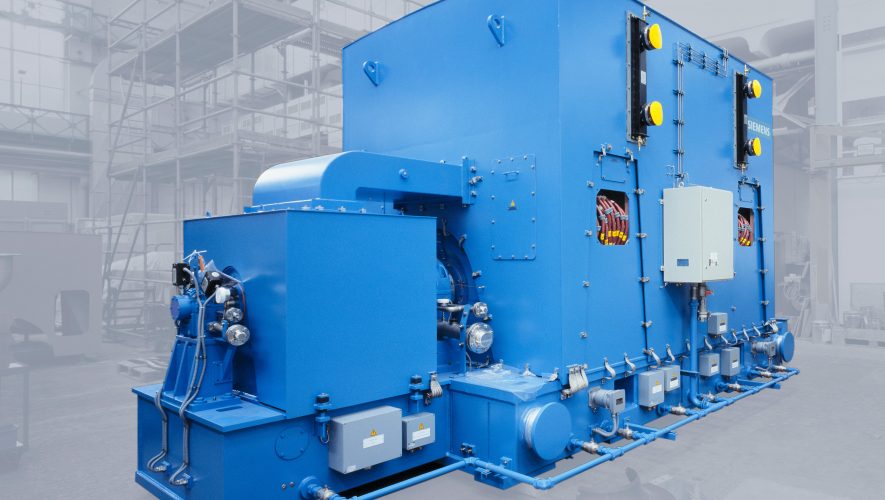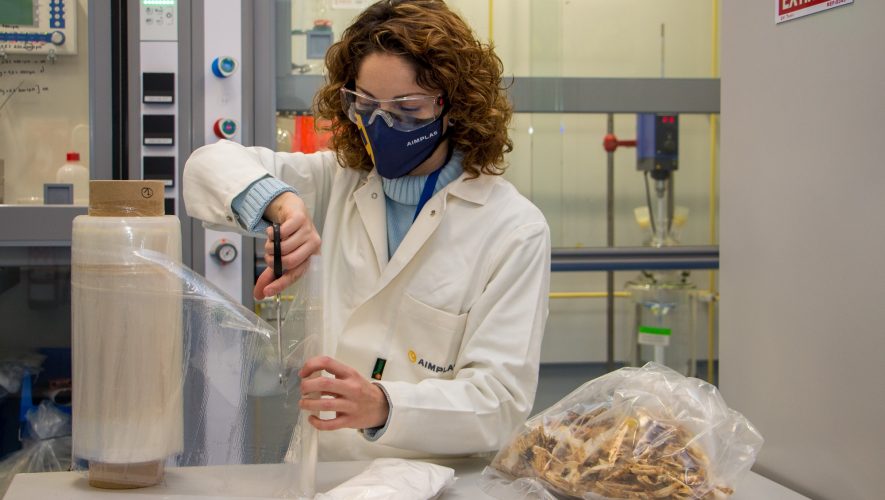Precision farming company Alesca Life today announced a strategic partnership with China Communications Construction Company (CCCC), Ziyang Water Investment, and Ziyang Airport Economic Zone to deploy 1,000 modular vertical farms in Greater Chengdu, Sichuan Province to establish the largest indoor farming project in China.
Located in the heart of the Chengdu-Chongqing economic circle with a population of nearly 100 million and a GDP of US$1 trillion, this mega-scale indoor farming project is expected to produce up to 5,000 tonnes of fresh produce annually at full capacity in late 2022. It will supply high-quality fresh produce through local hypermarkets and to the airport catering operation in the adjacent Chengdu Tianfu International Airport. Inaugurated in June 2021, the Tianfu Airport will have the capacity to handle 90 million passenger trips each year upon completion of the second phase, making it one of the top ten busiest airports in the world.
Speaking about the milestone announcement, founder and CEO of Alesca Life, Stuart Oda said, “Today’s announcement highlights a pivotal shift we are seeing across global food production. The industry is adopting agritech solutions that are economically viable and more sustainable at a massive scale. This represents a unique opportunity for Alesca Life as our technology and Farming-as-a-Service business model enables corporate and government entities to localize farming.
“In addition to improved cost efficiencies and scalability, indoor farming also cuts out long and complex supply chains that have been severely disrupted by the pandemic. Our partners can now farm directly at the source of demand, which further reduces costs and allows customers to receive only the freshest and most nutritious produce.”
Working with best-in-class manufacturing and operating partners, Alesca Life provides turnkey indoor farming systems powered by proprietary software and Internet of Things (IoT) devices to enable this project to be delivered on such a large scale. Also, the company’s autonomous farm equipment and smart crop monitoring technology will capture large amounts of data that will continuously improve farm yield and profitability.
“This marks a new chapter in Alesca Life’s growth. It not only represents the largest indoor farming project in China, but gives us the opportunity to further develop and refine our technology and processes through the billions of environmental data points and plant images that we will capture each year. This will allow us to go beyond improving the operations of vertical farms we’ve deployed for our own customers, to also applying our data insights and technology to empower other indoor farming and greenhouse operations globally,” said Oda.
As part of the strategic partnership, Alesca Life will work with state-owned partners to establish a manufacturing hub and agritech park in Greater Chengdu. Once completed, the manufacturing site will have the capacity to produce thousands of modular vertical farming systems each year and supply standardized and scalable agritech solutions to its rapidly growing global customer base.
To kick-start the agritech park project, leading engineering and construction firm CCCC and its subsidiaries will design and develop the project infrastructure.
“CCCC already has plans to replicate this project in Tianjin and other cities across China in the years to come. We are very excited to embark on this journey with one of China’s top engineering firms to enable more localized and data-driven food production across the country,” said Oda.



